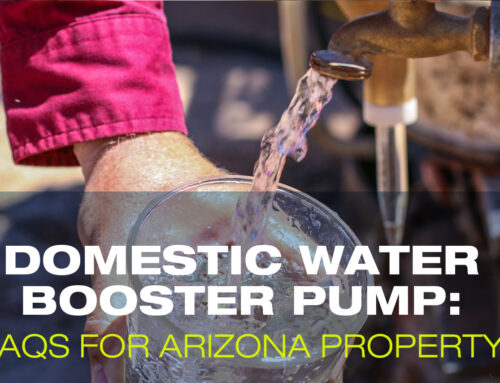Wells provide water for around 42 million Americans. The rest of the population, around 282 million people, get their water from a city water supply.
There is a fundamental well water vs. city water debate that rages on. Well water proponents cite factors like the taste as making well water superior. City water advocates argue that their treatment plans make water safer.
So, let’s dig into some of the main arguments about the two types of water supplies.
Reliability
Some would argue that city water offers you more reliability. Unless there’s a major infrastructure problem, you should have a reliable water supply.
A well remains out of sight and out of mind. The hardware could slowly deteriorate without anyone noticing.
The reality is that America’s water infrastructure is out of date and prone to problems. Case in point, around 240,000 water mains break annually. City water repairs can often take days.
By contrast, a properly maintained well will run without issue for years. If a problem happens with the pump system, repairs can often happen the same day.
The one major reliability advantage that city water has in terms of reliability is that it doesn’t go out if the power goes down. Well pumps require electricity, so you lose water when you lose power.
Contamination
Concerns about water contamination happen with both city water supplies and wells. The lead contamination in the Flint, Michigan water offers one of the most telling examples of how city water gets contaminated. Tens of millions of Americans also drink city water contaminated with radium.
Well water isn’t always contamination free.
Well water can develop bacterial contamination that can alter your water’s smell and color. You can also see contamination from excess minerals, such as copper or calcium. Depending on your location, you can also see contamination from pesticides or faulty septic systems.
That’s one reason why the EPA recommends annual well testing.
Fortunately, if bacteria contaminate your well, you can do shock chlorination to solve the problem.
Water Quality
In order to ensure safety, most city water undergoes various water treatments. It’s one reason why so much city water has a vaguely chlorine smell and flavor. That poor water quality often leads city dwellers to rely on home water filtration systems or bottled water.
With well water, the overall water quality depends on your water source. What you don’t get is water that’s artificially degraded in quality by chlorine and other water treatments.
If you have poor taste quality or hard water from your well, you can also use water filtration or water softening systems.
Parting Thoughts on Well Water vs. City Water
Finding an answer for the well water vs. city water debate ultimately depends on your circumstances.
For those who live in cities and towns, city water is the only realistic option. For those who don’t live in a city or town proper, wells become an option.
On the whole, wells provide a slight edge because they provide you more control over your water supply. You decide how much, if any, filtering is necessary. You can also take immediate action if water testing shows a problem.
Pump It Up and Empire Pump provides residential and commercial pump services in the Phoenix area. For more information or to schedule service, contact us today.
___________________________________________________
As the best water well maintenance company in Phoenix, we specialize in creating and servicing residential water wells. Call 623-582-5069 now to schedule an appointment or to have your questions answered!






